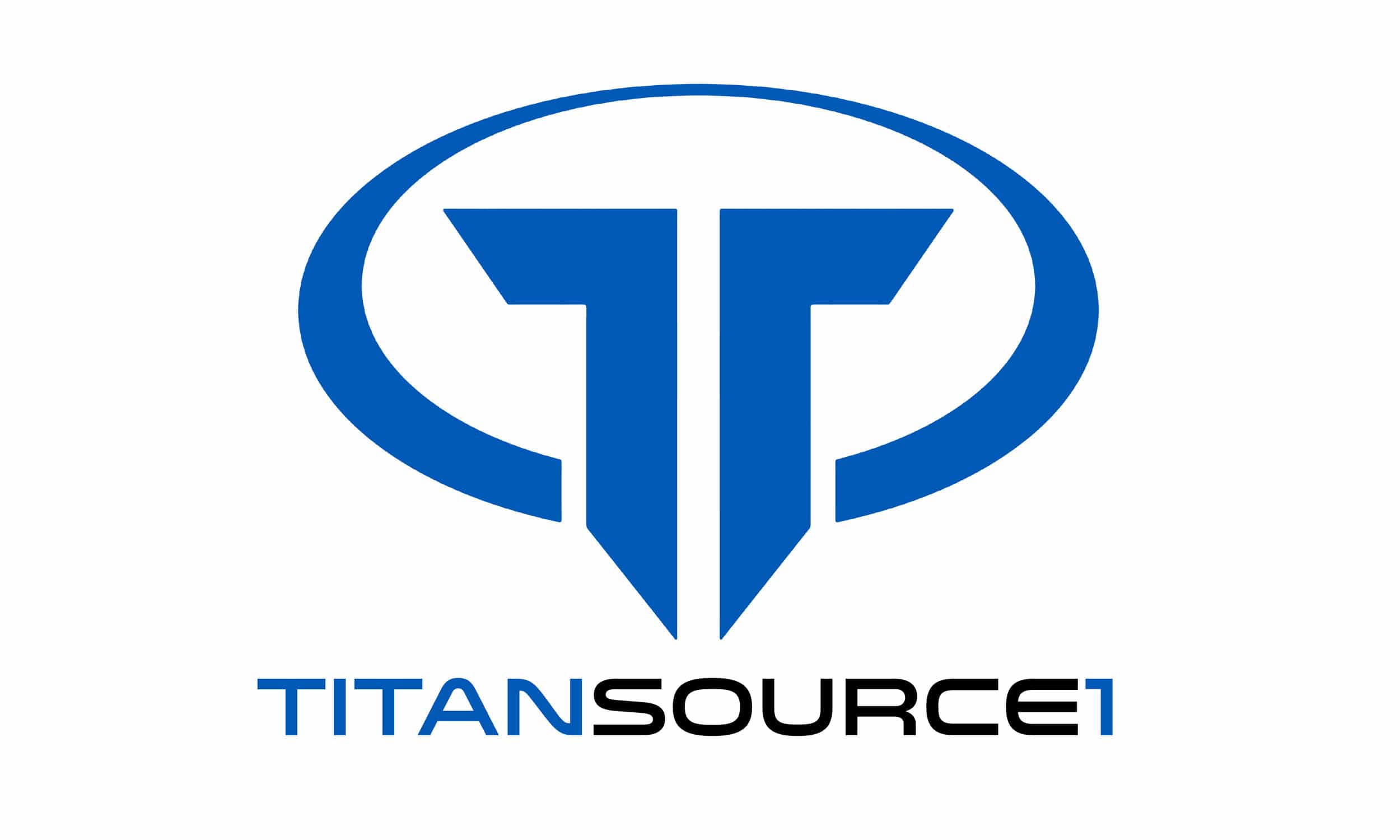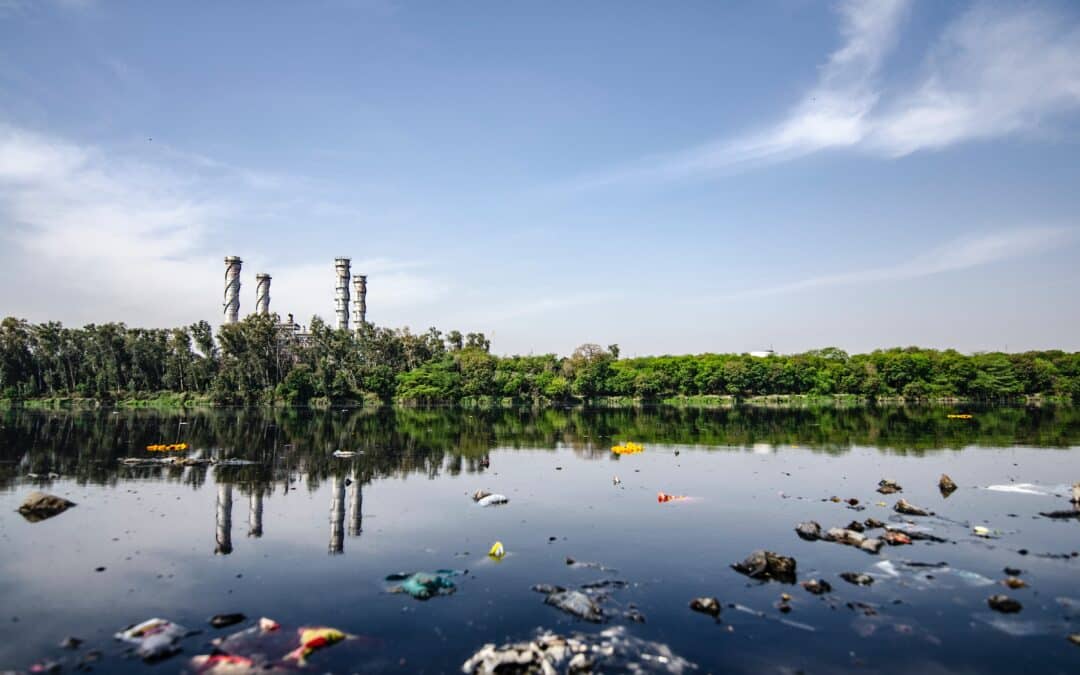Water is the source of life, a precious resource that sustains all living organisms on our planet. However, the alarming levels of water pollution pose a significant threat to this essential element. Water pollution occurs when harmful substances enter our water bodies, compromising the quality and safety of the water we consume. Understanding the impact of water pollution is crucial for us to take effective action. In this article, we will delve into the consequences of water pollution and explore various ways we can take action through the use of water filtration systems.
The Consequences of Water Pollution
Health Implications: Water pollution poses severe health risks to humans and wildlife alike. Contaminants such as bacteria, viruses, heavy metals, and chemicals can cause diseases like cholera, typhoid, and gastrointestinal disorders. Moreover, long-term exposure to pollutants in water can lead to chronic illnesses and even cancer.
Environmental Impact: Water pollution devastates aquatic ecosystems, affecting marine life, plants, and habitats. Contaminated water disrupts the balance of ecosystems, leading to the decline of biodiversity. It can also result in harmful algal blooms, depletion of oxygen levels, and the destruction of coral reefs.
Economic Consequences: The economic impact of water pollution is substantial. Polluted water affects industries such as agriculture, fisheries, and tourism, leading to financial losses, unemployment, and reduced productivity. Additionally, treating polluted water for consumption and cleaning purposes requires significant investments from governments and individuals.
Water Filtration Systems and Their Importance
Water filtration systems are designed to remove contaminants and impurities from water, making it safe for consumption. Various filtration methods are employed, including activated carbon filters, reverse osmosis systems, and UV sterilization. Each system targets specific pollutants to provide clean and potable water.
Benefits of Water Filtration Systems:
- Improved Water Quality: Water filtration systems effectively remove harmful substances, ensuring that the water we consume is clean and safe for our health.
- Environmental Preservation: By reducing our reliance on bottled water, water filtration systems help reduce plastic waste, promoting a more sustainable environment.
- Cost-Effectiveness: Investing in a water filtration system proves economical in the long run compared to purchasing bottled water or relying on other costly water treatment methods.
Choosing the Right Water Filtration System:
- Factors to Consider: – Contaminant Removal: Identify the specific contaminants in your water supply and choose a filtration system that targets those pollutants effectively.
- Water Usage: Consider the volume of water required and select a system that can handle the demand adequately.
- Maintenance and Cost: Assess the maintenance requirements and cost considerations associated with different filtration systems to find the most suitable option.
Taking Action and Promoting Clean Water
Individual Actions:
There are several steps individuals can take to reduce water pollution and promote clean water:
- Proper Waste Disposal: Dispose of household waste and hazardous materials correctly to prevent them from entering water bodies.
- Conservation Practices: Practice water conservation at home by fixing leaks, using water-efficient appliances, and reducing water consumption.
- Educating Others: Spread awareness about water pollution and the importance of clean water to inspire others to take action and make conscious choices regarding water usage and pollution prevention.
Community Engagement:
Engaging the community is crucial for creating a broader impact in the fight against water pollution. Some ways to involve the community include:
- Organizing Clean-up Campaigns: Collaborate with local organizations and volunteers to organize clean-up drives near water bodies, removing trash and pollutants.
- Educational Programs: Conduct workshops, seminars, and awareness campaigns to educate the community about the causes and consequences of water pollution and the importance of water filtration.
- Collaboration with Authorities: Work with local authorities and policymakers to advocate for stricter regulations and enforcement measures to prevent water pollution.
Supporting Conservation Organizations:
Contribute to or volunteer with organizations dedicated to water conservation and pollution prevention. These organizations play a vital role in research, advocacy, and implementing initiatives that promote clean water.
Water pollution is a pressing global issue that demands our immediate attention and action. By understanding the impact of water pollution and the importance of clean water, we can take proactive steps to combat this problem. Implementing effective water filtration systems is a key strategy in ensuring access to safe and clean drinking water. However, individual and collective actions are equally important. By adopting responsible water usage practices, engaging the community, and supporting relevant organizations, we can make a significant difference in the preservation of our water resources.
It is crucial that we recognize the value of clean water and its impact on our health, the environment, and the economy. Together, let us take action to protect and restore our water sources, ensuring a sustainable future for generations to come.

